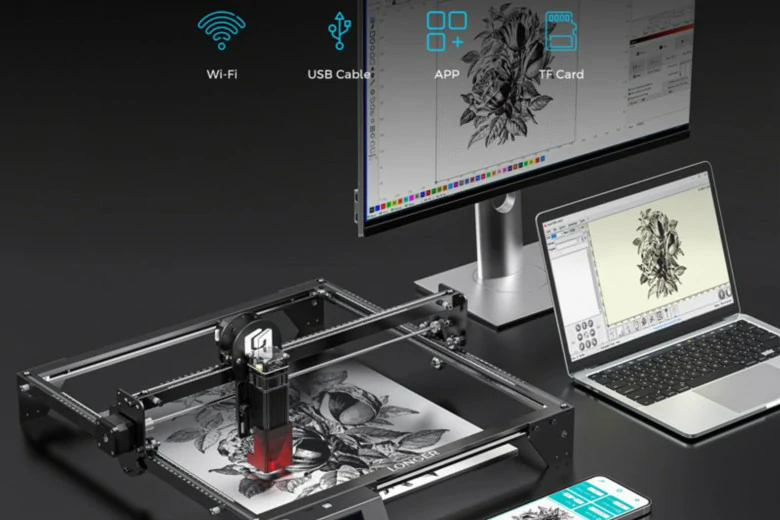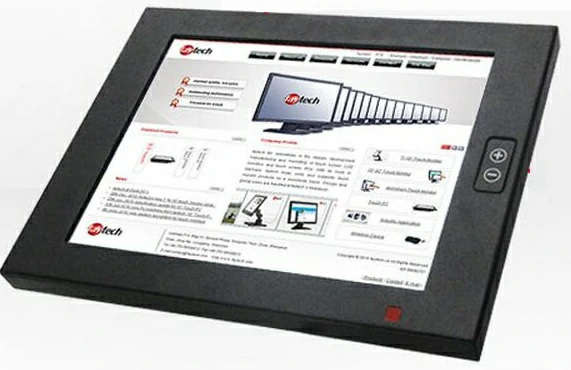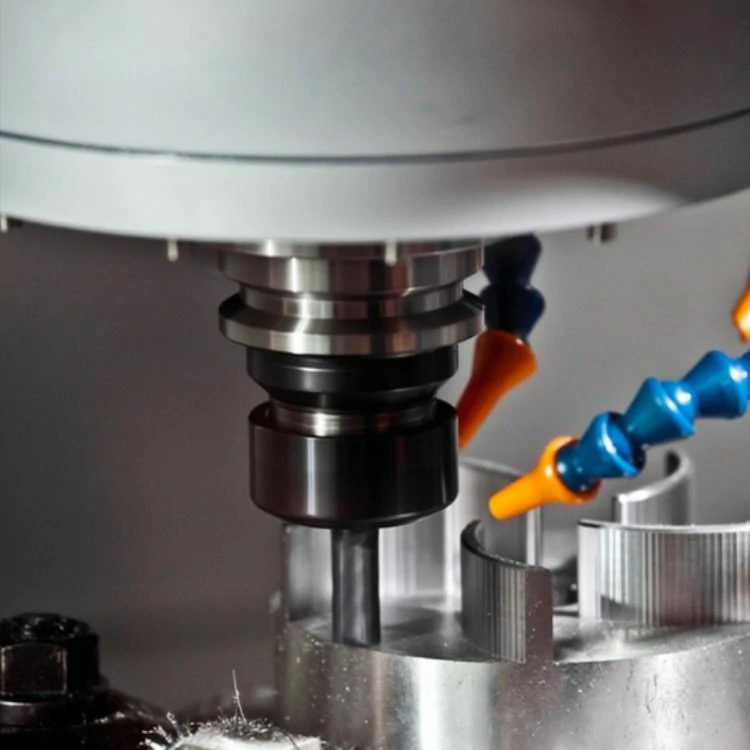How to Prevent Deformation of CNC Machined Aluminum Alloy Shell
CNC (Computer Numerical Control) machining is widely used in the production of aluminum alloy shells due to its high precision and efficiency. However, one common issue that manufacturers often encounter is the deformation of the machined parts. Deformation can significantly affect the functionality and aesthetics of the final product. In this article, we will discuss some preventive measures to minimize or eliminate deformation during the CNC machining process.
1. Material Selection:
Choosing the right aluminum alloy with appropriate mechanical properties is crucial in preventing deformation. Opt for alloys that have a higher strength-to-weight ratio, such as 6061 or 7075. These alloys offer good formability, excellent machinability, and high resistance to deformation.
2. Proper Fixturing:
During the CNC machining process, it is essential to properly secure the aluminum alloy shell on the fixture to prevent movement and vibration. Use clamps or custom fixtures designed specifically for the part to ensure a stable and rigid setup. This will minimize the chance of deformation caused by machining forces.
3. Tool Selection and Cutting Parameters:
Selecting the appropriate cutting tools and optimizing the cutting parameters are vital to reduce the risk of deformation. Choose tools with sharp edges and proper geometry to minimize cutting forces and heat generation. Additionally, adjust the cutting speed, feed rate, and depth of cut to prevent excessive cutting forces that may cause deformation.
4. Heat Dissipation:
Heat generated during the CNC machining process can contribute to deformation. Implement effective cooling methods, such as using a coolant or compressed air, to dissipate the heat and maintain stable temperatures. This will help reduce thermal expansion and minimize the risk of deformation.
5. Minimize Internal Stress:
Internal stress within the aluminum alloy can lead to deformation even after the machining process is complete. To minimize internal stress, consider implementing stress relief processes like heat treatment. This will help stabilize the material and reduce the potential for deformation.
6. Post-Machining Treatment:
After completion of the CNC machining process, consider implementing post-machining treatments to further prevent deformation. Processes such as stress relieving, annealing, or shot peening can help release internal stress and improve the structural integrity of the aluminum alloy shell.
7. Quality Control Measures:
Implementing rigorous quality control measures throughout the CNC machining process is crucial to ensure dimensional accuracy and prevent deformation. Regularly inspect the machined parts using precision measuring tools to detect any signs of deformation early on. This will allow for immediate corrective action to be taken.
In conclusion, preventing deformation of CNC machined aluminum alloy shells requires a combination of careful material selection, proper fixturing, tool optimization, heat dissipation, stress minimization, post-machining treatments, and quality control measures. By adhering to these preventive measures, manufacturers can minimize or eliminate deformation issues, resulting in high-quality and reliable products.
.webp)


